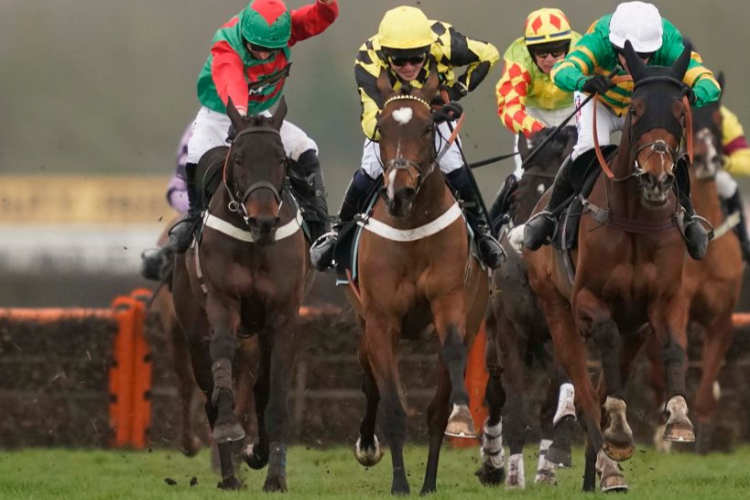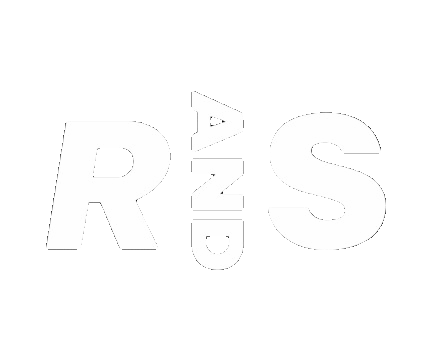3 minute read
Stable bonds develop as students tend gentle giants.

The coronavirus pandemic is taking its toll on all aspects of life, but it has not stopped Wiltshire-based charity Greatwood from continuing their valuable work with children, with the help of an unlikely therapist – the ex-racehorse.
The charity was founded in 1998 by Michael and Helen Yeadon and was initially a racehorse rehoming centre based in Devon.
The couple were asked to help a young girl who had become so withdrawn that she refused to speak, and the healing partnership she subsequently created with a rescued ex-racehorse inspired the creation of the organisation as it is today.
Now based in Marlborough, Greatwood is home to more than 30 ex-racehorses and an array of small animals, all of whom are central to the charity's work to help children struggling with behavioural, educational, social and emotional issues.
"We work with young people from the age of five upwards, and it is mainly those that don't thrive in mainstream education," said Alex Shaw, Greatwood's Education and Wellbeing Lead.
"That can be because of behavioural issues or physical disabilities and mental health issues – things like anxiety and depression, (and) social anxiety is one that we're seeing a lot of."
The team at Greatwood is currently limited to offering one-to-one sessions because of coronavirus restrictions, but ordinarily groups are also hosted at the yard – with students referred to the charity via a number of different routes.
"We have a regular cohort of primary schools that we work with, so they will refer either groups or one-to-ones to us," added Shaw.
"For older students, we do a lot of NEET (not in employment, education or training) groups – they may be referred from social care teams, youth offending teams or job centres.
"The more vulnerable students are still coming to us, so we've got one-to-ones running most days at the moment."
Once at the centre, students are encouraged to involve themselves in the daily care of the horses, learning to groom, muck out and lead them around the yard.
Greatwood also welcomes adults, offering a two-day Wellness and Wellbeing programme intended to combat the stress and worry caused by the pandemic and its many repercussions.
"We call them wellbeing weekends, and it's just a chance to be here in the present with the horses and stop thinking about other things that are going on," said Shaw.
"Just grooming the horses or mucking them out really helps, and we're lucky to have woodland here. The Japanese call it 'forest bathing', so it's our Wiltshire version of 'forest bathing'."
The connection students create with the horses and the respite provided by time spent on the farm can result in increased confidence, self-esteem and communication skills.
"We call it animal-assisted intervention," said Shaw.
"The nice thing about the horses is that some of them come from a background that the students almost recognise – we have had a couple of rescue cases in the past, and the students bond with them because of that.
"They know the horse has been through something. They can see that they've both had an experience that wasn't particularly positive, and they then form a bond."
The charity maintains close ties with the racing industry, hosting a fundraising raceday at Newbury every February with a card that includes the Grade Three Greatwood Gold Cup.
Many of the charity's horses come to them directly from racing stables, either at the end of a fruitful career or earlier if the trainer suspects that the horse may not make the grade but has a suitably gentle temperament.
Greatwood's work revolves around the bond between horse and human, something Shaw says becomes increasingly visible as the students return to yard.
"They've always got their favourites – it might be a particularly quirky one that suits their personality," he said.
"You'll find the students come here and go straight to see their favourite horse – we've got a few big old boys here who are about 17 hands, but they're so gentle that the primary school children, at the age of five, love to just stand and groom a leg or something.
"The horses will just stand there and fall asleep. It's that kind of connection that is really important."








